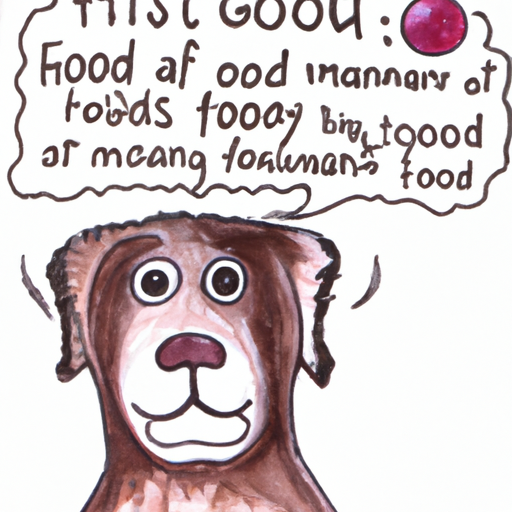As a caregiver, you always strive to provide the best for those under your care. This extends to your furry friends as well. One question that might pop into your mind is: “Is human food good for dogs?”. This guide aims to answer that question in detail, providing you with the essential information you need to make informed decisions for your canine companions.
Understanding the Dietary Needs of Dogs
Dogs are omnivores, indicating they can eat a mixture of meat and plant-based foods. However, their dietary requirements are quite different from ours. Here’s a brief outline:
- Proteins: Essential for growth and maintenance.
- Fats: Provide energy and help in the absorption of certain vitamins.
- Carbohydrates: Provide energy and aid in digestive health.
- Vitamins and Minerals: Necessary for various bodily functions.
- Water: Essential for survival.
Human Foods that are Safe for Dogs
While not all human foods are safe for dogs, some can be enjoyed by our four-legged friends:
- Carrots: They are low in calories and high in fiber and vitamins.
- Apples: They are a good source of vitamins A and C, and fiber.
- White Rice: It’s easy to digest and good for upset stomachs.
- Fish: Salmon and tuna are packed with beneficial omega-3 fatty acids.
- Chicken: It’s a great source of protein.
Human Foods that are Toxic to Dogs
Unfortunately, some human foods can be toxic to dogs. These include:
- Chocolate: It contains theobromine, which is poisonous to dogs.
- Grapes and Raisins: These can cause kidney failure in dogs.
- Onions and Garlic: They can damage a dog’s red blood cells.
- Alcohol: It affects the liver and brain, just like it does in humans.
- Caffeine: It can lead to restlessness, rapid breathing, and heart palpitations.
| Toxic Food | Harmful Substance | Effects |
|---|---|---|
| Chocolate | Theobromine | Poisonous |
| Grapes and Raisins | Unknown | Kidney failure |
| Onions and Garlic | Thiosulfate | Damage to red blood cells |
| Alcohol | Ethanol | Liver and brain damage |
| Caffeine | Caffeine | Restlessness, rapid breathing, heart palpitations |
Moderation is Key
Even safe human foods should be given to dogs in moderation. Excess of anything can lead to obesity and other health issues. Always consult with your vet before introducing new foods to your dog’s diet.
The Benefits of Dog-Specific Food
Dog food is specially formulated to meet the nutritional needs of dogs. It’s balanced to provide the right amount of proteins, carbohydrates, and fats, along with essential vitamins and minerals.
The Risks of Feeding Dogs Human Food
Feeding dogs exclusively on human food can lead to nutritional imbalances and deficiencies. For instance, a diet rich in liver can lead to vitamin A toxicity, while an excess of dairy products can cause diarrhea.
Frequently Asked Questions
Is it okay to mix dog food with human food?
Yes, as long as it’s done in moderation and the human food is safe for dogs.
Can I feed my dog fruits and vegetables?
Yes, many fruits and vegetables are safe for dogs. However, avoid grapes, raisins, and avocados as they are toxic.
Can dogs eat dairy products?
Some dogs can tolerate dairy, while others may experience digestive issues. It’s best to introduce dairy products slowly and in small amounts.
In conclusion, while some human foods can provide variety and extra nutrients to your dog’s diet, it’s vital to remember that a well-balanced dog-specific diet should form the majority of their intake. Always consult with a vet before making significant changes to your dog’s diet, and be aware of which human foods are toxic to dogs.



